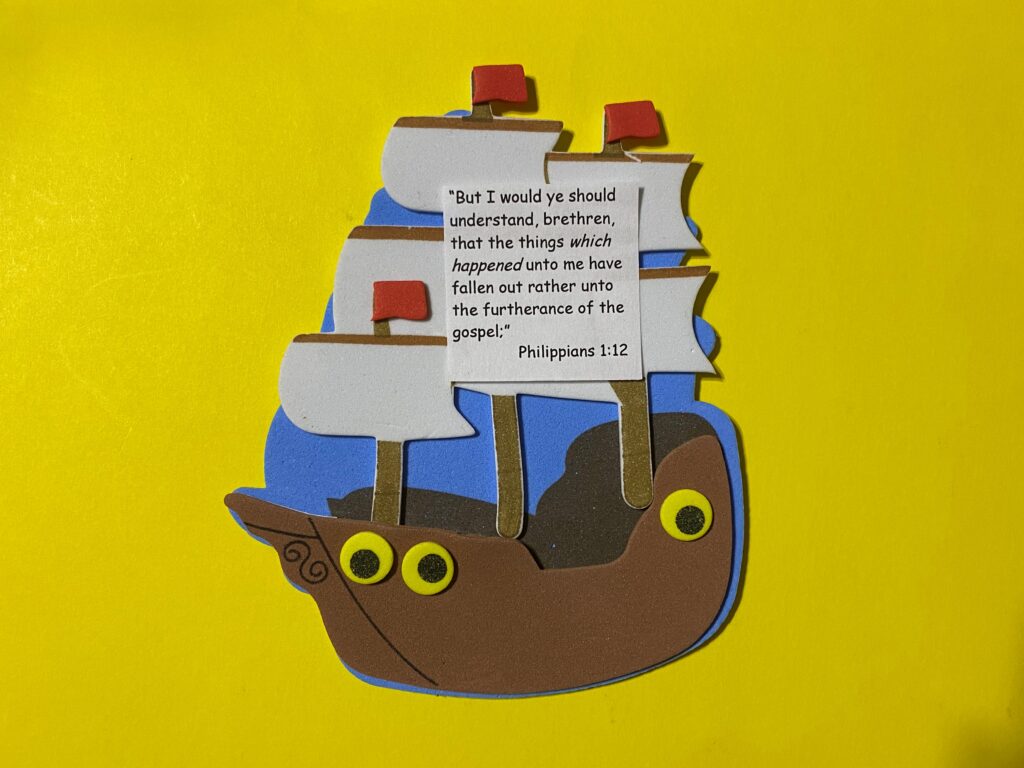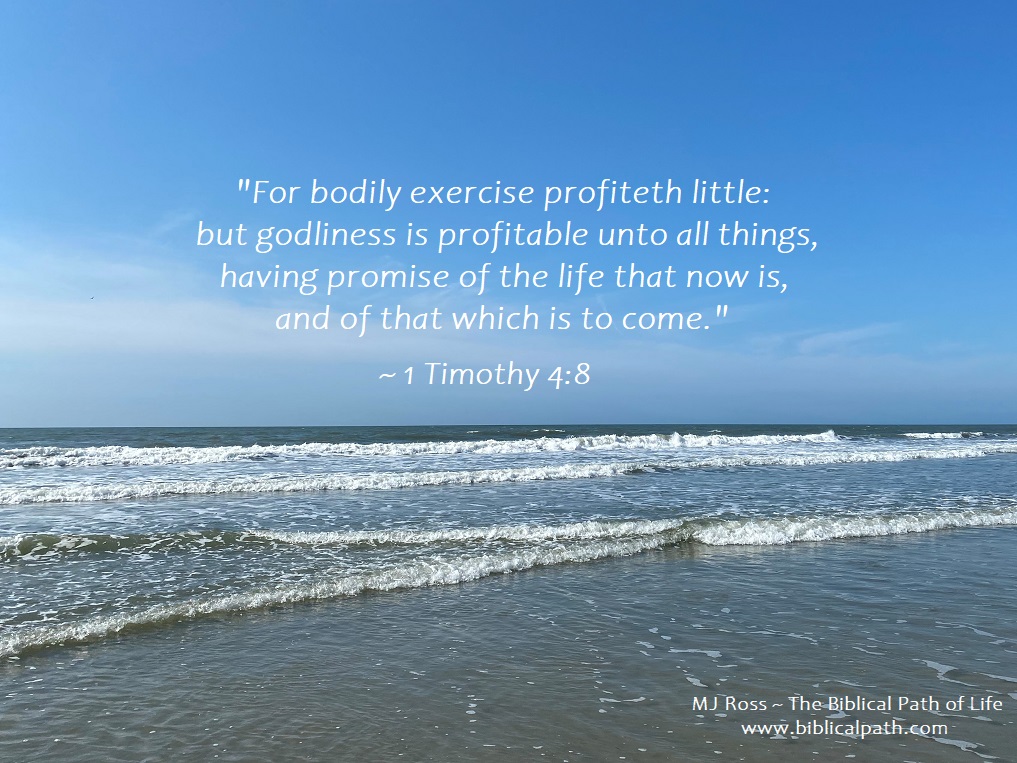
Key Verse
But I would ye should understand, brethren, that the things which happened unto me have fallen out rather unto the furtherance of the gospel;
—Philippians 1:12
Key Verse Thought: Read the Key Verse. Paul wrote these words in a letter to the church at Philippi. It is possible that Paul was in prison at the time he wrote this letter. He understood why he had been arrested, stood before rulers and kings, and even been held as a prisoner in Rome. He had been given opportunities to present the Gospel message of Jesus. While he was kept guard by a centurion, he was able to witness to him. With his time, he was able to write letters back to the churches, teaching them the things of God. In this lesson, we will learn that even while he was a prisoner, being transported, he was able to be a witness to people he never would have seen (i.e.: the people on the island where they were shipwrecked, and even the prisoners on the ship – both of which we will learn of today).
Emphasis: Christians are to be content with the place God has placed us, recognizing an opportunity to further the Gospel message – just as Paul did even while he was a prisoner.
Lesson Summary: After being heard by Felix, Festus, and King Agrippa, it was declared that Paul had done nothing worthy of death. However, no one would release him from prison. We understand that Paul had been held in prison well over two years. Because Paul had requested a hearing before Caesar, he was to be shipped to Rome.
Paul was sent on a ship headed toward Rome. In this lesson, we will learn who else was with him on this journey, and the troubles that were encountered. When a storm arose, all aboard the ship were afraid – but God sent an angel to tell Paul that all would live, if they listened to the words of Paul. When the ship broke apart, all were saved because they obeyed the words of Paul.
Once they made it to the island after the ship wrecked, the islanders greeted them hospitably. Nevertheless, when they saw Paul bitten by a viper, they assumed he would die because he was a prisoner. But Paul lived, and was able to heal many sick on the island.
They resumed their journey, finally making it to Rome. Paul was kept imprisoned alone with a soldier. However, after three days, he called the chief Jews in Rome to meet with him. When they came, Paul told them the truth about Jesus, bringing them to the point of decision. We will learn if any of them believed in Jesus.
Paul was kept in Rome for another two years. However, during those years, he was able to write many letters to the newly established churches.
Y3Q2 – Lesson 13 Questions
Y3Q2 – Lesson 13 Children’s Worksheets
If you are teaching this to children, the following is a craft idea to help them remember this lesson.

We decorated a foam ship and added this lesson’s key verse to remember Paul’s focus to preach the Gospel Message no matter what happened to him.
The Biblical Path of Life – Year Three, Quarter Two available through Amazon.

